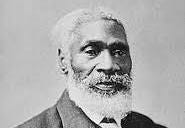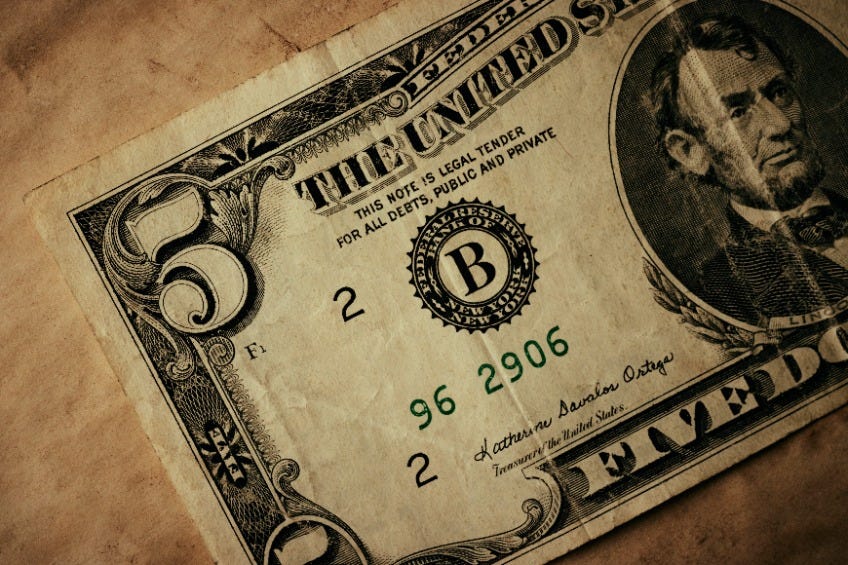Issue #492 Today In Black History, Wednesday, February 7, 2024
Today’s Black History WOW!
Josiah Henson was born into slavery in Maryland around 1789 and endured years of hardship and cruelty before ultimately finding freedom. Henson was separated from his mother at a young age and sold multiple times to different slave owners.
When Henson attempted to buy his promised freedom, his owner cheated him and made plans to sell him south. Fearing separation from his family, Henson fled north with his wife and children in the summer of 1830. After passing through Ohio and New York, they settled in Dresden, Ontario, Canada. Henson became a preacher and a leader in the Afro-Canadian community, and he traveled back to the United States to help other slaves escape.
Henson also served the British as a captain of Afro-Canadian volunteers in the Canadian Rebellions of 1837-1838, two uprisings in which the colonies of Lower and Upper Canada were in conflict over political reform. He founded the British American Institute in 1842, an Afro-Canadian community and industrial school intended as a refuge for escaped slaves. Henson made several trips to England, where he was received by high society, and he married a Boston widow following the death of his first wife.
It was during his time in Canada that Henson's association with the character "Uncle Tom" began. In 1852, Harriet Beecher Stowe published her influential novel, "Uncle Tom's Cabin," which portrayed the life of a courageous and dignified slave named Uncle Tom. While the character was fictional, many believed it was based on Henson's own experiences and character.
Henson's life story closely resembled the character portrayed in the novel. Like Uncle Tom, Henson faced countless hardships but maintained his integrity and compassion. He was known for his strong faith and his willingness to forgive, even in the face of great injustice.
However, Henson's association with Uncle Tom is somewhat controversial. While the character was initially seen as a symbol of dignity and strength, over time, the term "Uncle Tom" became a derogatory term used to describe African Americans who were seen as subservient to white authority. This negative connotation has led to a reevaluation of Henson's representation in "Uncle Tom's Cabin."
Despite the controversy surrounding his association with Uncle Tom, Josiah Henson's legacy as an abolitionist, educator, and advocate for Black rights is undeniable. His remarkable journey from slavery to freedom and his commitment to helping others stand as a testament to his strength and resilience.
Josiah Henson died in Dresden, Ontario, in 1883.
Today In Black History
- In 1791, Benjamin Banneker, a Black inventor, surveyor, mathematician, and astronomer, began to lay out the streets of Washington, D.C.
- In 1852, Alcorn A&M College was founded.
- In 1926, Dr. Carter G. Woodson created Negro History Week to be celebrated annually during the 2nd week of February. It was officially expanded to Black History Month in 1976.
- In 1945, President Harry Truman appointed Irwin C. Mollison as the first Black judge of the United States Customs Court.
- In 1946, a filibuster in the United States Senate killed the Fair Employment Practices Act.
- In 1974, Grenada achieved independence from Great Britain.
- In 1986, Black figure skater Debi Thomas won the Female Figure Skating Championship.
- In 1991, Jean-Bertrand Aristide was sworn in as Haiti’s first elected president.
The “Comments” feature has been disabled. Instead, let’s discuss these facts in our community on Substack Notes. You can also read other Substack publications without subscribing to them when you join Notes.
This post is free to read/listen to for three days after publication. To have 365 24/7 access to all our posts and podcast episodes and financially support “We Are Speaking” for no more than $5 per month, please subscribe at the paid level. You will receive a 7-day FREE trial!






